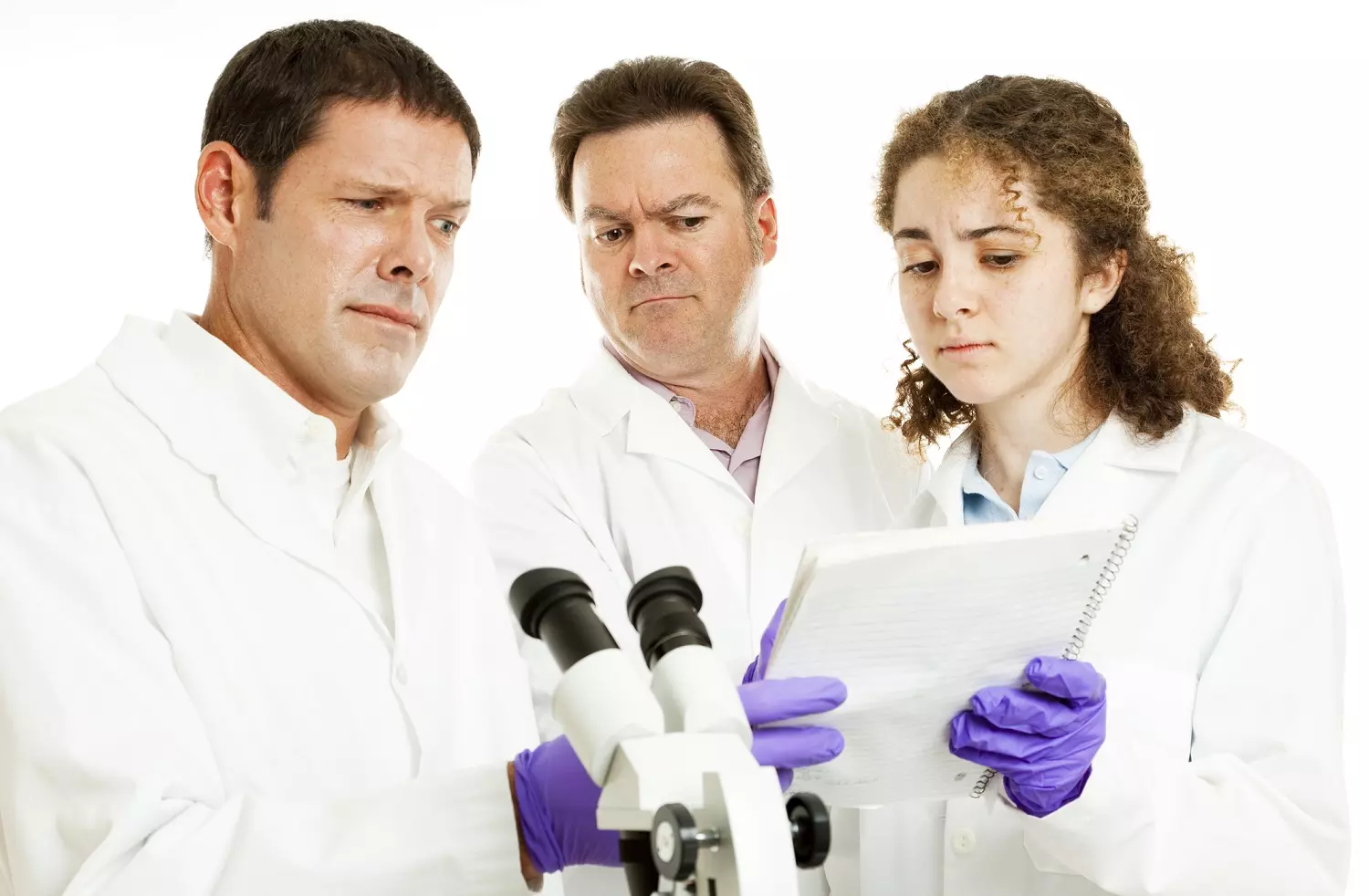Mystical Alchemy
The activities of alchemists and evolutionists are remarkably similar. In alchemy, that ancient form of chemistry, the “alchemists were always looking for a way to turn lead into gold, and to transform various elements into other elements.” (1)
In all fairness alchemy wasn’t a total failure. The alchemist Gerber (a pen name) was the first one, so far as we know, to identify and write about sulfuric acid (2). That acid is still very important in industry today. In fact, the fluid in most car batteries is sulfuric acid.
Another bright spot on the history of alchemy came from Paracelsus, aka Theophrastus Bombastus von Hohenheim. He decided that turning base metals into gold was not as important as preparing medicines (e. g. Tincture of Opium) to treat disease (3). Thus, he became one of the founders of iatrochemistry, the study of chemistry in relation to physiology, pathology, and treatment of disease. However, he didn’t give up on the mysticism of alchemy or the search for the Philosopher’s Stone (4), so his alchemy projects failed. Yet, his scientific work on medical preparations succeeded.
Modern Evolutionary Biology

By way of comparison to modern evolutionary biology, some biologists continue to spend a great deal of time and money looking for a naturalistic way to turn simple chemical compounds into active biochemical macro-molecules. This is called chemical evolution.
Dr. Stanley Miller pursued this as his life’s goal for more than 50 years, starting with the famous experiment in 1952, until his death in 2007. His many and varied attempts to explain the naturalistic origins of biological molecules failed.
Furthermore, like the alchemists, evolutionists look for ways to transform one kind of living creature into another kind. One notable example is the experiments with fruit flies. Evolutionists used various methods to cause genetic mutations in the flies in an effort to make them change into a new kind of insect. The failed products of the experiments were deformed fruit flies, not new creatures, as reported in any basic biology text.
Yet, a by-product of those attempts was new knowledge of genetics that was generally applicable. For example, T. H. Morgan and A. H. Sturtevant learned techniques to use crossover data to map genes for studying the fruit fly (5). Once again the experiments failed to demonstrate the possibility of evolution, but the experimenters succeeded in furthering scientific knowledge.
All the efforts of the ancient alchemists to turn base metals into gold and today’s evolutionists to turn chemicals into living cells have come to naught.
Both alchemy and evolution have failed.
Alchemy has changed into a real science, chemistry. That happened as more knowledge of chemistry was developed. What will evolution change into as more scientific knowledge is obtained regarding the complexity of the workings of animal and plant cells?
Footnotes
(1) Gibilisco, Stan, The Concise Illustrated Dictionary of Science and Technology, TAB Books, Blue Ridge Summit, PA, 1993, p.10
(2) Asimov, Isaac, Asimov’s Biographical Encyclopedia of Science and Technology, Doubleday and Company, Inc., 1982, p.63
(3) Ibid, p. 78
(4) The Philosopher’s Stone would theoretically turn base metals into silver and gold and extend life in humans.
(5) Campbell, N.A.; Mitchell, L.G.; Reece, J.B., Biology Concepts and Connections, Benjamin/Cummings Publishing Co. Inc., 1994, pp. 164-65






